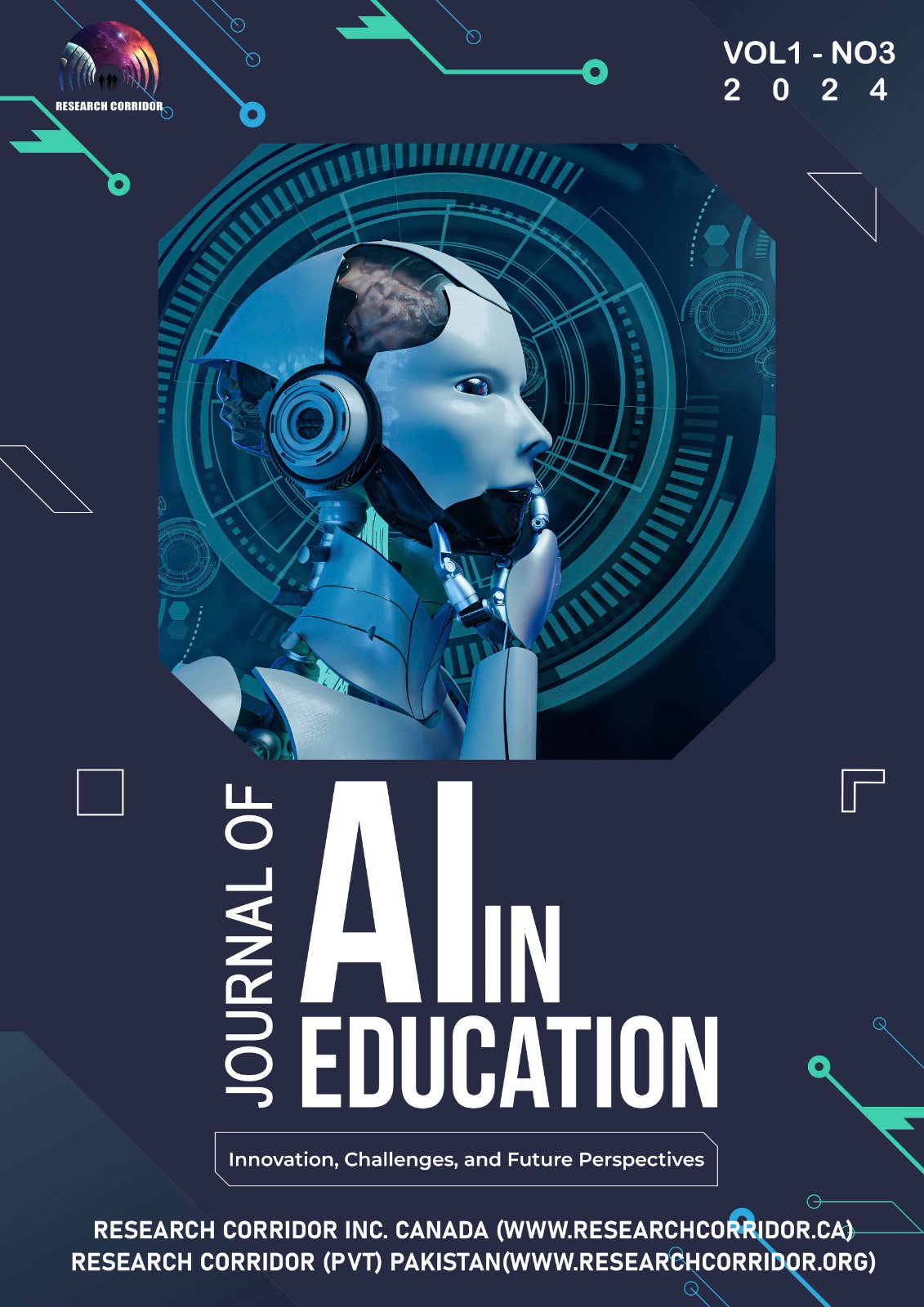AI in Higher Education: The Role of Automation in Research and Teaching
Keywords:
Artificial intelligence, automation, higher education, adaptive learning, research efficiency, intelligent tutoring systems, AI ethics, machine learning, academic writing, educational technologyAbstract
Artificial intelligence (AI) is transforming higher education by automating various aspects of research and teaching, enhancing efficiency, and personalizing learning experiences. AI-driven automation has enabled educators to streamline administrative tasks, develop intelligent tutoring systems, and improve student engagement. In research, AI facilitates data analysis, literature reviews, and predictive modeling, significantly reducing the time required for complex computations. Machine learning algorithms help in plagiarism detection, peer review automation, and research paper recommendations, allowing scholars to focus on innovation and critical thinking. Additionally, AI-powered language processing tools assist non-native English speakers in academic writing, fostering global inclusivity. The integration of AI in higher education also presents ethical concerns, including data privacy, bias in AI-driven assessments, and the potential reduction of human interaction in learning environments. Addressing these challenges requires a balanced approach where AI complements human educators rather than replacing them. The future of AI in higher education lies in adaptive learning, AI-assisted curriculum development, and interdisciplinary research collaborations. By embracing AI-driven automation responsibly, universities can enhance the quality of education and research while preparing students for an AI-driven workforce. This paper explores the multifaceted impact of AI-driven automation in higher education, highlighting its advantages, challenges, and future prospects.





